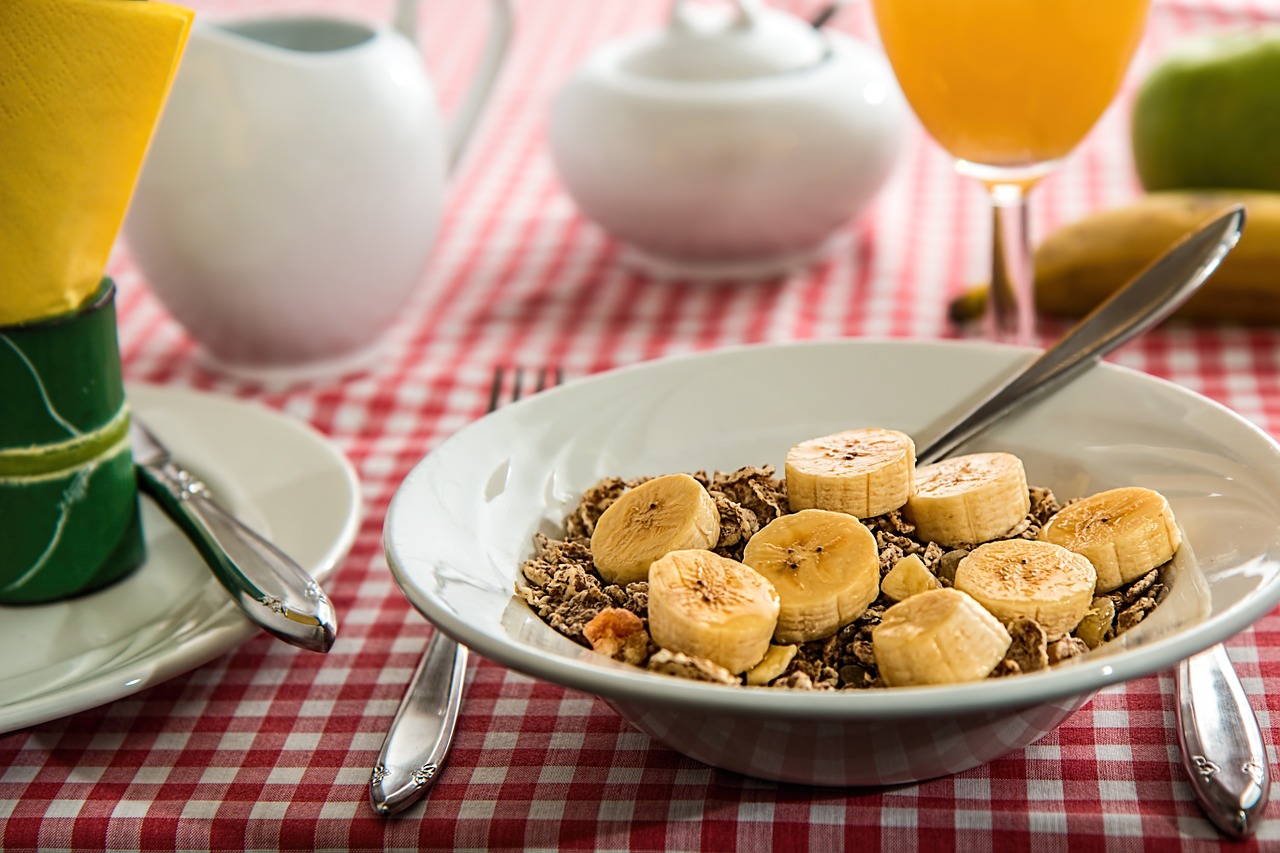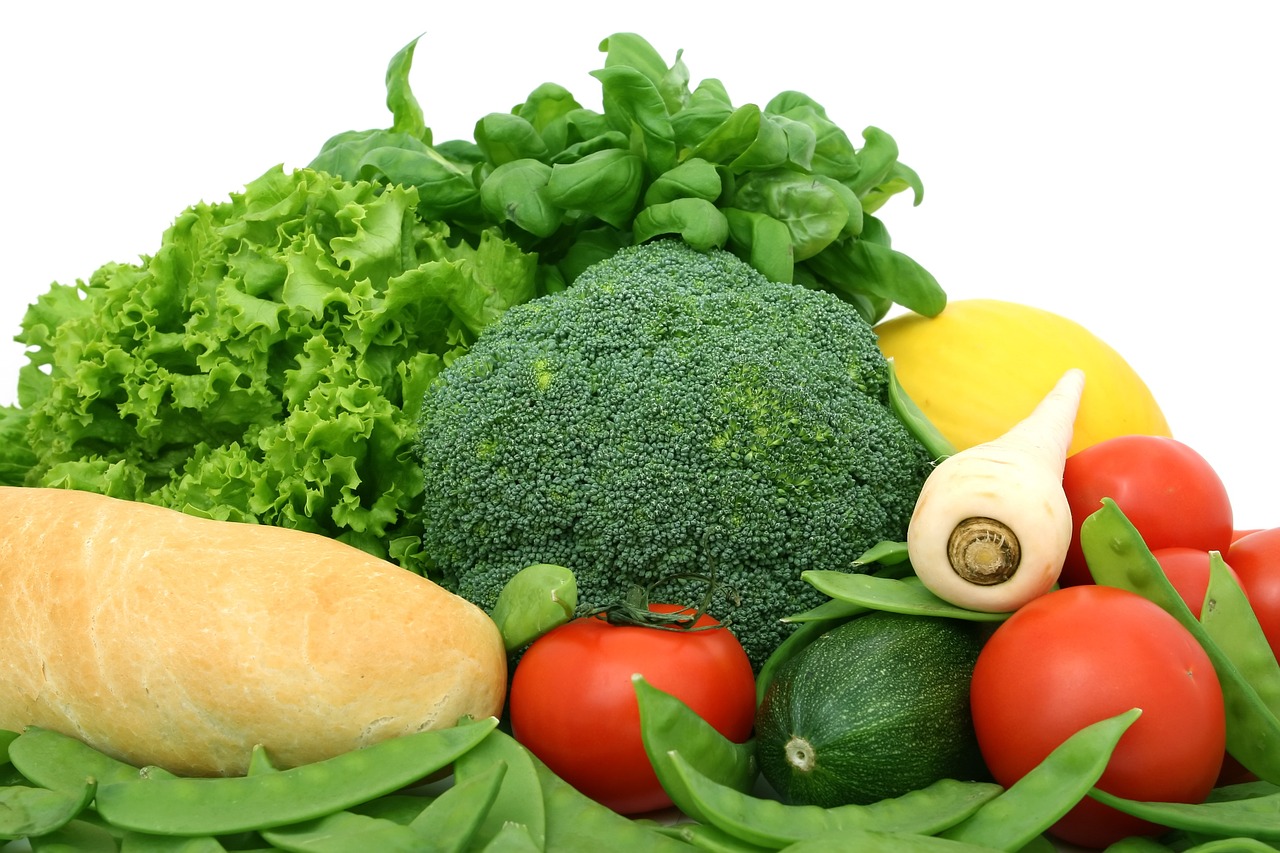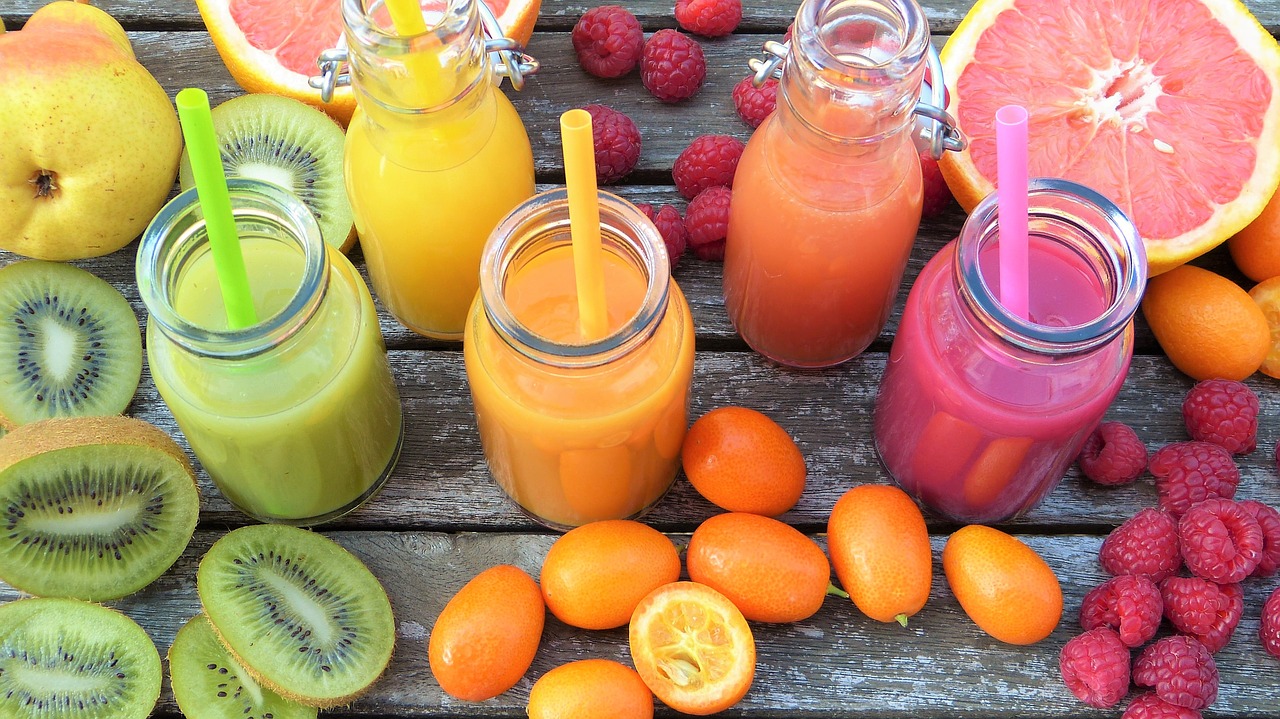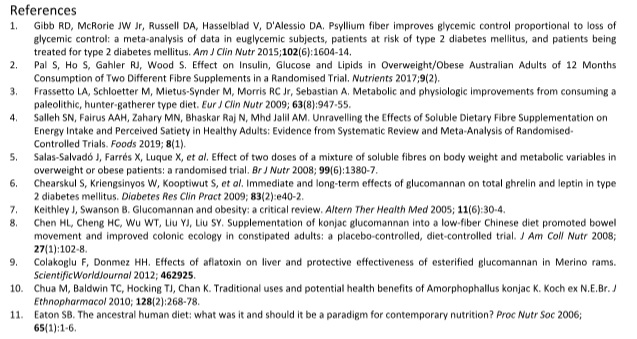‘Fibre and diabetes’ along with ‘fibre and weight loss’ have been in the headlines for a while now. Below are a few more facts about fibre which may surprise you though!
The part of carbohydrate foods indigestible by our digestive enzymes is described as dietary fibre. In general, insoluble fibre binds with other waste products in the gut. The fibre then provides bulk to stools and we excrete it via the colon. Soluble fibre on the other hand is more likely to be fermented by the bacteria in the colon to either provide nutrients for themselves or for absorption by the body.
Fibre and Diabetes
Fibre can help prevent blood sugar imbalances and conditions such as diabetes type 2 by slowing down the release of sugar into the blood stream! A meta-analysis, showed psyllium husk fibre to significantly improve fasting blood glucose concentration in patients with type 2 diabetes mellitus,. Another study resulted in significantly lower insulin and cholesterol levels in overweight or obese adults. Even short-term consumption of a high fibre paleolithic type diet improves blood pressure and glucose tolerance, decreases insulin secretion, increases insulin sensitivity and improves lipid profiles. A pre-agricultural paleolithic type diet comprised of wild meat, fruits, vegetables and nuts, and excluding or limiting non-paleolithic type foods, such as cereal grains, dairy or legumes.
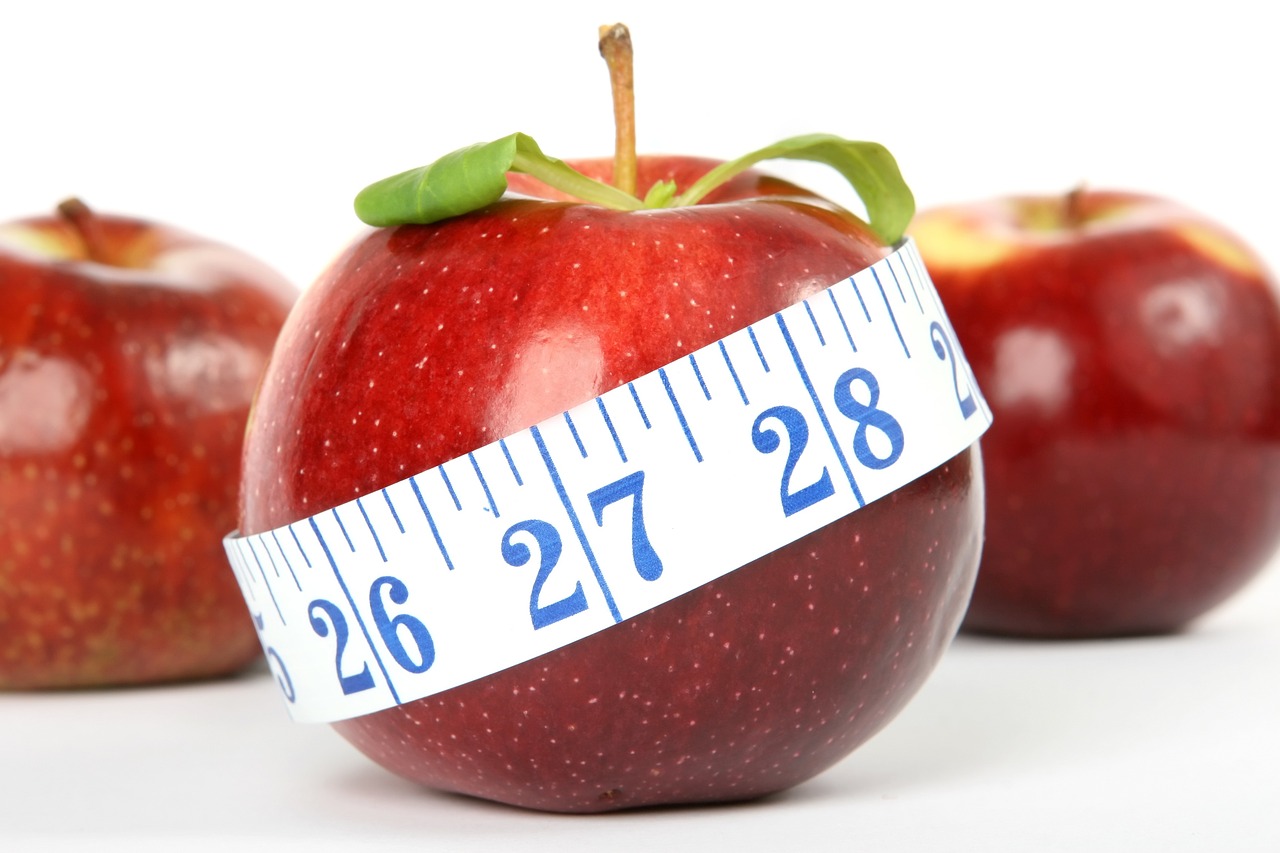 Fibre Helps Weight Loss
Fibre Helps Weight Loss
Evidence has shown that soluble dietary fibre slows gastric emptying, increases perceived satiety and plays a significant role in appetite regulation.
Glucomannan in particular, a water-soluble dietary fibre from the konjac mannan plant, has been proven to contribute to weight loss in the context of an energy restricted diet. Studies have shown glucomannan to increase satiety, reduce the hunger hormone grehlin, improve stool movements and slow down the conversion of carbohydrates into glucose.
Lepicol Lighter is a unique new high fibre food supplement, especially designed to help aid weight loss. Within its specifically selected ingredients are 7 strains of live bacteria to keep your gut healthy and balanced, glucomannan, which acts as a prebiotic and psyllium husk which is a gentle fibre.
Fibre as a Detox
Fibre may bind to and remove environmental toxins from the gut!
Dietary fibre is well known to help keep our bowels movements regular helping us feel lighter and more energised. Insoluble fibre has the potential to bind to and remove waste products including environmental toxins and pathogenic bacteria from the body. This ensures they don’t get absorbed into the blood stream. So ideal to include as part of our daily cleaning process.
Eat More Fibre
It’s a fact that our hunter gatherer ancestors used to consume 4 times our current government recommended amounts of fibre!
The current European recommendation for the daily intake of fibre is 25g. However they are currently reviewing recent recommendations to increase this figure to 30g a day. The average Briton consumes approximately 12g a day. Eating closer to nature naturally involves eating more whole foods including fruits and vegetables which are naturally high in fibre. Our ancestors’ fibre consumption was substantially higher at perhaps 100 g per day.

Approximate examples of fibre quantities in foods:
½ cup vegetables = 2-4g
1 piece of fruit = 2-4g
½ cup cooked legumes = 4-6g
1 slice whole wheat or rye bread = 1.5g
1 tbsp flaxseeds = 3g
½ a cup of rolled oats = 9g
Grow Your Own Dietary Fibre
You can grow fibre-rich foods easily in your back garden.
Dietary fibre is naturally abundant in fruits, salads and vegetables, especially in the skins so try not to remove them. If grown at home organically there are fewer pesticides or residues on the skins of fruits and vegetables. This means you don’t need to peel them. Many gardeners wouldn’t worry if they left a tiny bit of soil behind, you could be increasing your good bacteria levels too! If you eat vegetables raw or lightly steamed then you retain a higher fibre content. Even the current trend of a high fat low carb (HFLC) diet can be high in vegetables, it’s just the white carbs like refined pasta, bread and pasties that you may want to limit.
by Nutritional Therapist Natalie Lamb from Lepicol Lighter

